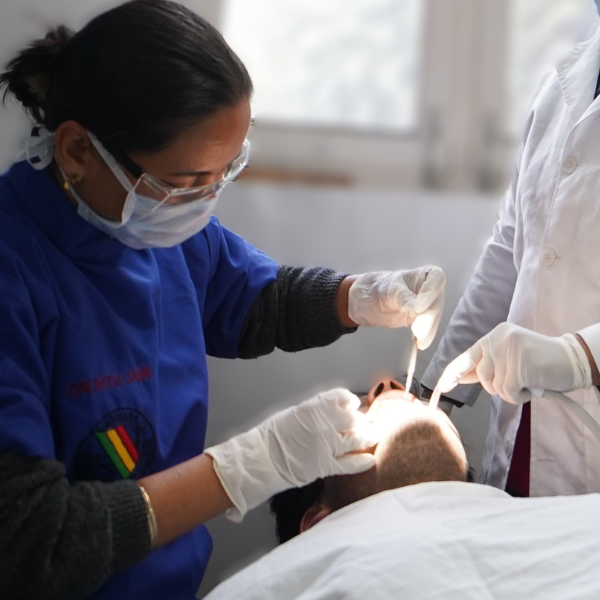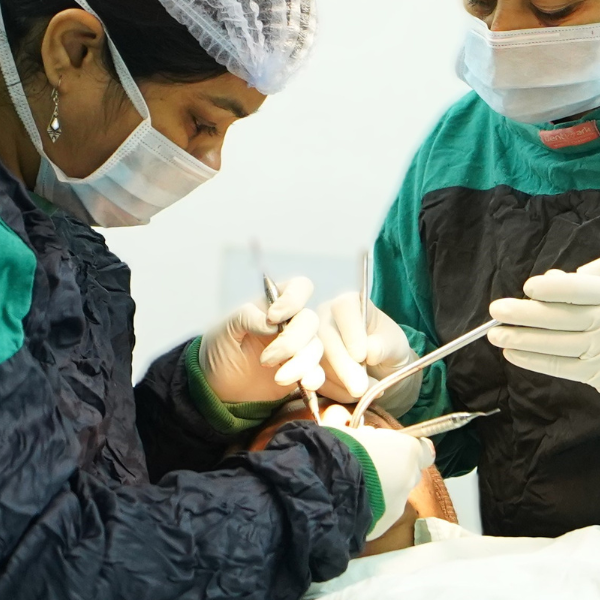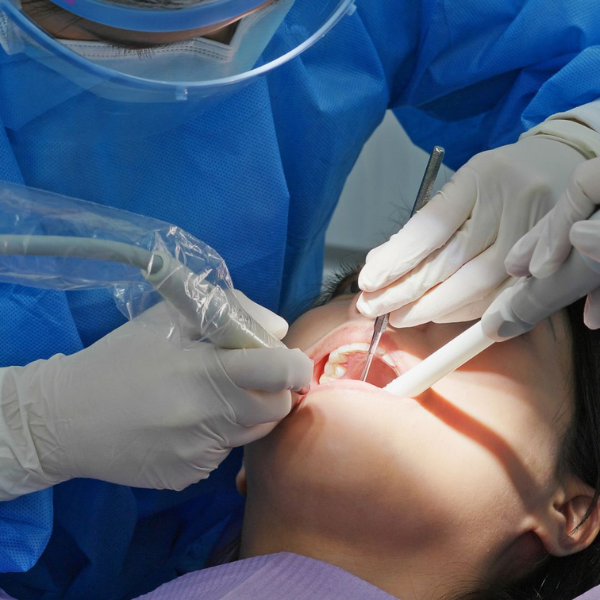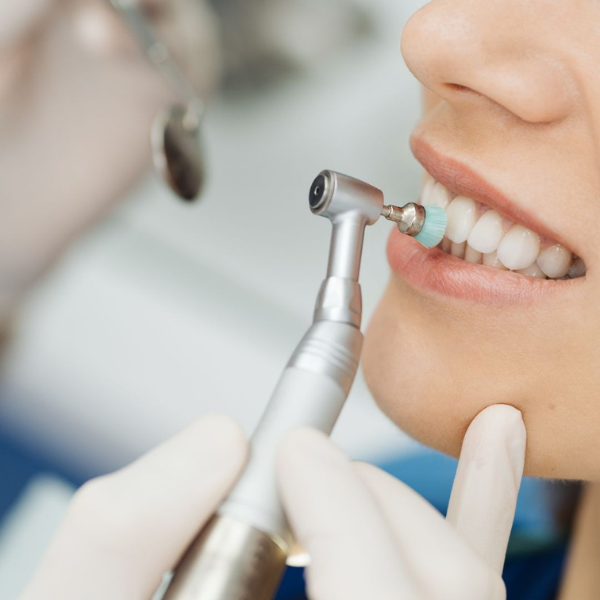PERIODONTICS
What is Periodontics?
Periodontology is a speciality of dental practice that focuses on the prevention, diagnosis and treatment of diseases or problems related to tissues that support your teeth like your gums and jawbone. Apart from the routine procedures like scaling and polishing of teeth and implants to remove tartar deposits, our department also deals with the management of gum infections, bad breath, receding gums, loose teeth, smile designing with gum surgeries, surgical management of abnormal frenum, laser surgeries, depigmentation of gums and tooth implants.
Why choose us?
We are committed to the comprehensive care of our patients. Our team of specialists with over 10 years of clinical experience are passionate about preserving your gum health to give you healthy and beautiful smiles. To that end, we amalgamate our expertise with the latest technological advancements in the field to offer you the best possible solutions to your problems. At the core of our care lies a patient-centered approach where we believe in educating and motivating our patients to become co-partners in delivering the highest possible standard of treatment.
- Management of Gingivitis
- Management of Chronic and aggressive periodontitis
- Management of Diabetes mellitus associated periodontitis
- Management of abscesses of gingival and periodontal origin
- Management of Gingival enlargements
- Management of Periodontitis as a manifestation of systemic diseases
- Pre-clinical training on models
- Training in non- surgical periodontal therapy
- Patient Education and motivation
- Case presentations and clinical discussions
Internship
- Training in minor surgical procedures
- Diagnosis and management of gingival and periodontal diseases
- Exposure to advanced surgical procedures
- Exposure to Laser and implant placement procedures
Gallery





Frequently Asked Questions
Periodontal disease is often painless and develops slowly and progressively. Sometimes it may develop quite rapidly. Unless you see your dentist for regular checkups you may not realize that you have periodontal disease until your gums and bones have been severely damaged to the point of tooth loss. Periodontal disease can occur at any age. Infact, more than half of people over age 18 shows sign of at least the early stages of some type of periodontal disease. Gingivitis is the earliest stage of periodontal disease and affects only the gum tissue. At this stage it is reversible. If not treated, it could lead to periodontitis, potentially damaging bone and other supporting structures. Such damage can result in loosen teeth.
There are a number of warning signs of gum disease which include the following:
Red, swollen or tender gums or other pain in your mouth.
Bleeding while brushing, flossing or eating hard food
Gums that are receding or pulling away from the teeth, causing the teeth to look longer than before
Loose or separating teeth
Pus between your gums and teeth
Sores in your mouth
Persistent bad breath
A change in the way your teeth fit together when you bite
A change in the fit of partial dentures








